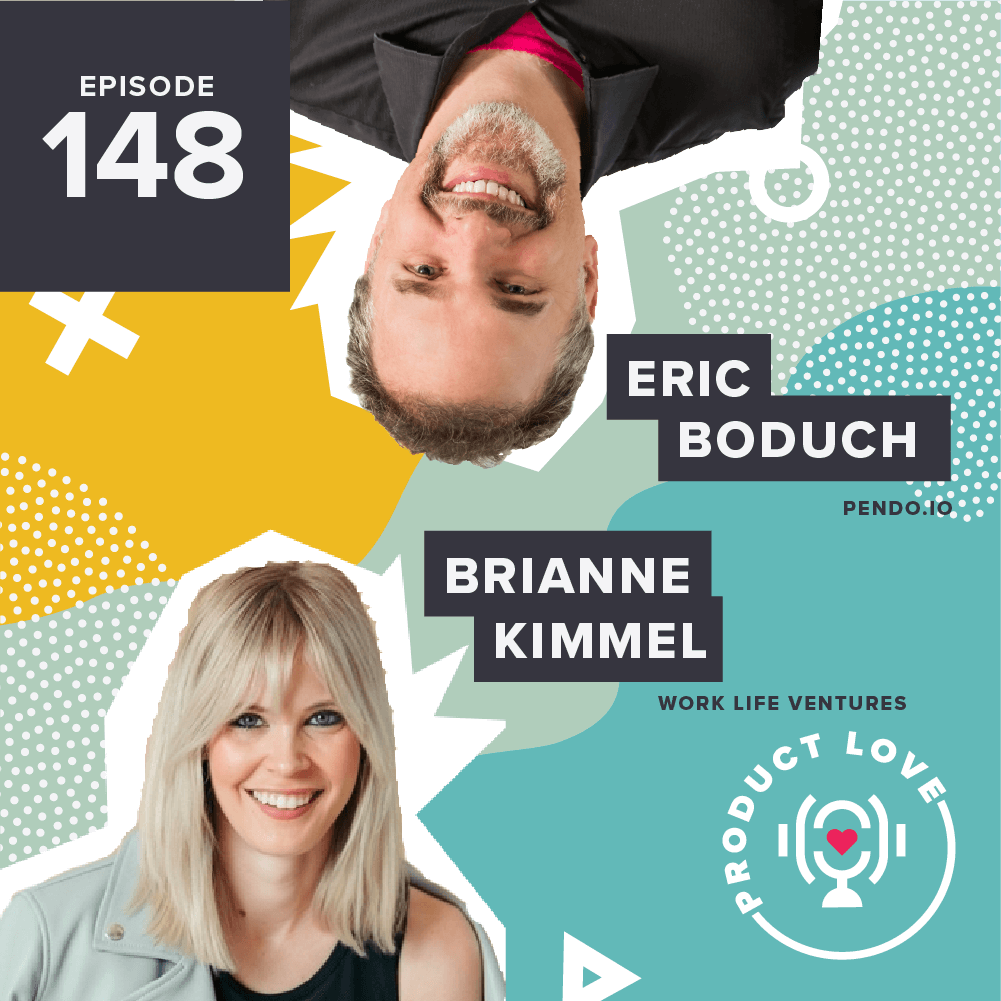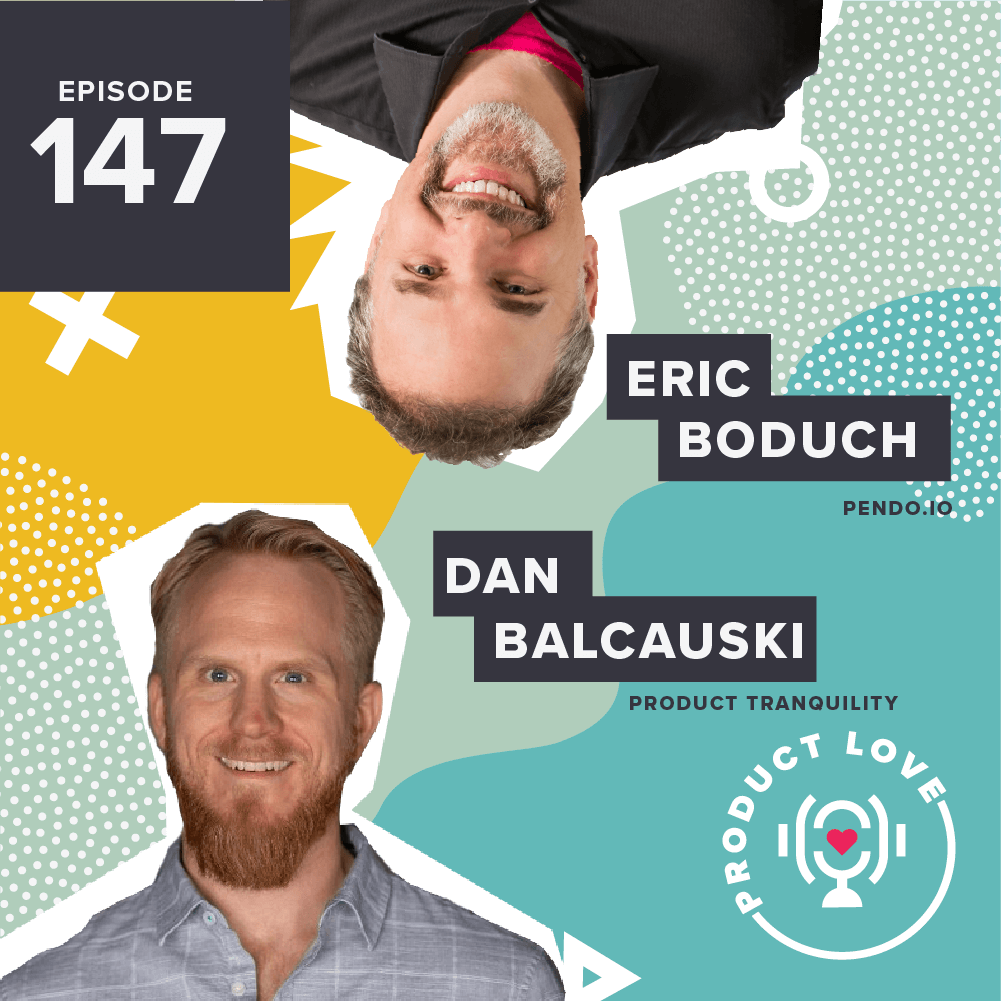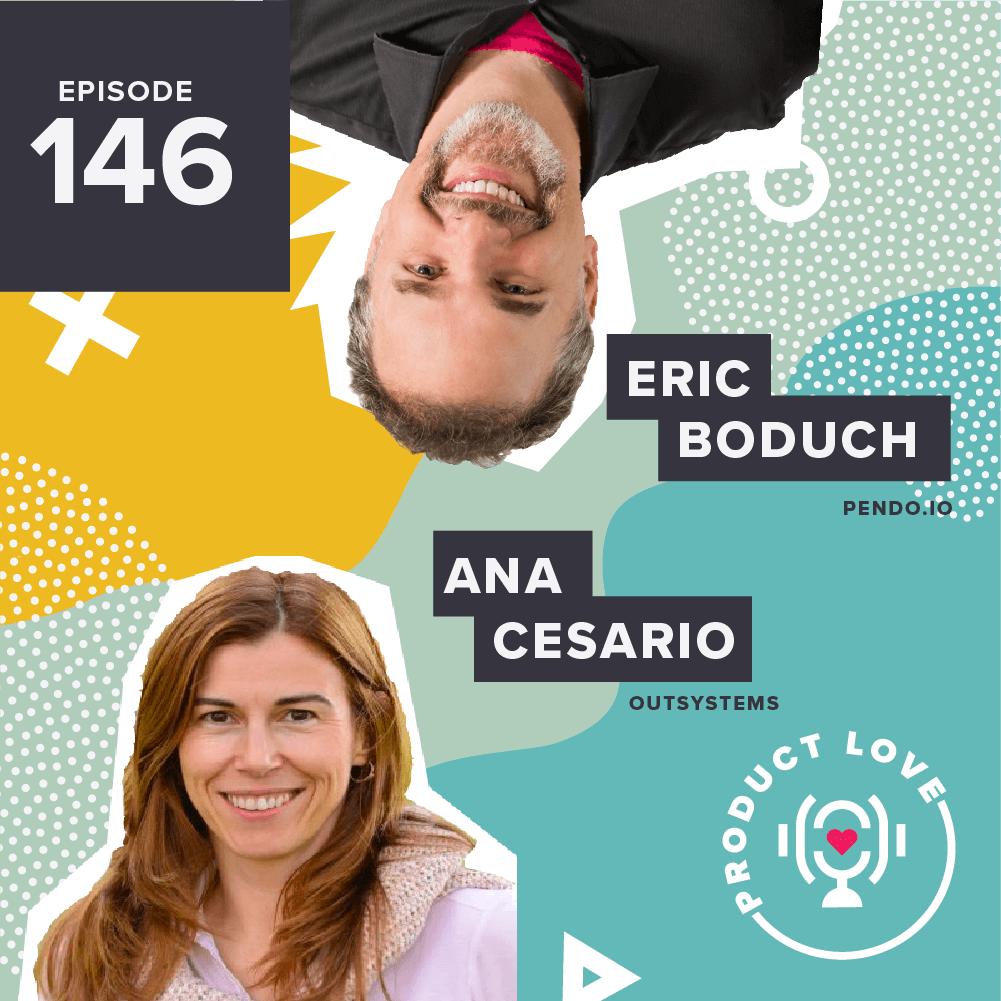In the past, when people heard the phrase “artificial intelligence,” they probably thought of three things: robots, destruction, and the impending end of humankind. But now, artificial intelligence has graduated to something more sophisticated and much less dystopian. Think self-driving cars, Amazon’s Alexa, and Apple’s Siri — not the Terminator.
Still, there are some wary feelings of replacement associated with artificial intelligence. If AI automates everything, what happens to everyone else?
Deon Nicholas says we should think of AI as an augmentation rather than a replacement. This week on Product Love, I sit down with Deon, the CEO of Forethought, to discuss AI and his perspective on improving product-market fit.
Augmenting People With Machines
Forethought builds AI-powered products that proactively embed relevant information into employees’ daily workflows. Right now, they’re getting started in the customer support space. They’re indexing past conversations and knowledge sources to deliver suggested answers to the agents answering these questions.
From a product perspective, Deon believes that people can create better and more useful products if they think about how machines and people can work together. Instead of thinking about machines as a means to replace people, consider how they might make you better at your job.
People, when paired with efficient and relevant technological tools, can become more productive, happier at work, and more effective in their interactions with customers.
Improving Product-Market Fit
Deon introduced a unique perspective on the ever-so-elusive idea of product-market fit. In general, people tend to think of it as a “unicorn concept.” Or they consider it only as something you either have or don’t have.
In contrast, Deon thinks about product-market-fit in stages. It begins with having an idea. That’s Stage One. Next, someone talks to you about that idea. Then, someone is willing to buy that idea. You begin to have customers and then scale from there.
Product-market fit is what happens in these discreet steps. Each one increases product-market fit for an increasing cohort of customers. This perspective enables a less taxing mentality around product-market fit. It becomes less black and white, and allows companies to grow and iterate their product to find increasing versions of product-market fit.
Want to learn more about how Deon made the transition from software engineer to founder? Check out the episode above.


